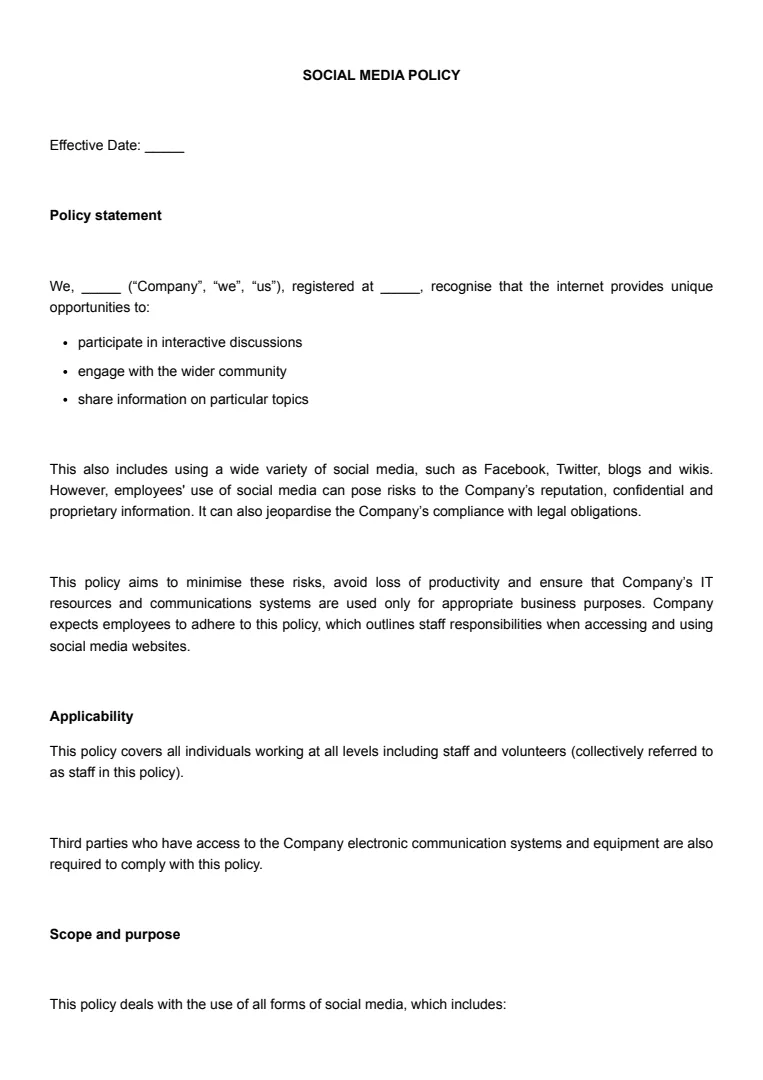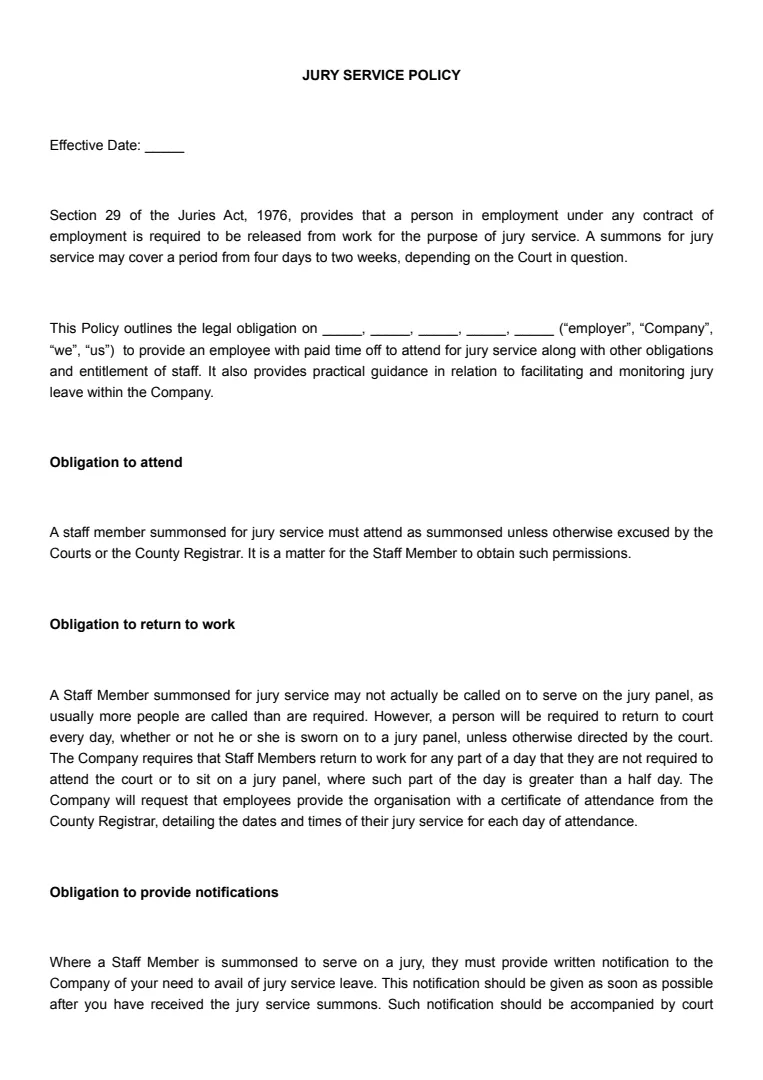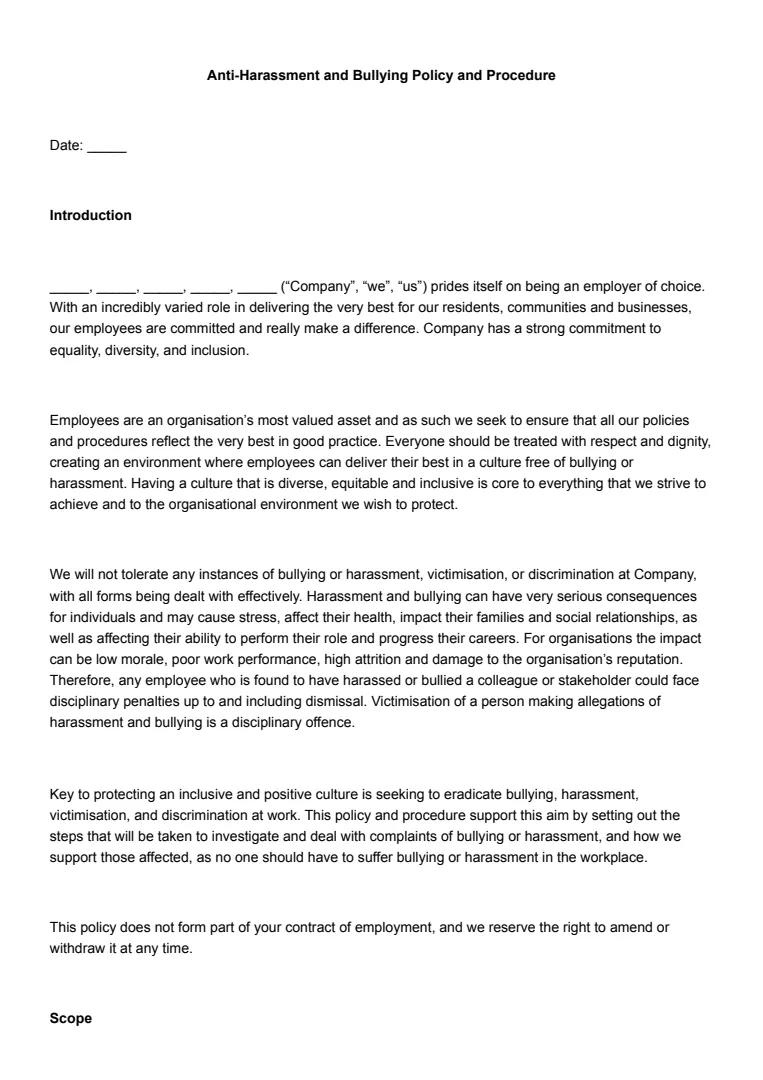What Is a Social Media Policy?
A social media policy is basically some guidance or rules that explain how you should manage your social media conduct when tied to a company or organisation.
Whether you’re posting for work or just scrolling through your newsfeed, these policies set the boundaries for professional and personal interactions on social platforms.
Think of them as your roadmap to navigating online communities safely and responsibly. They outline what’s acceptable and what’s not when you’re representing a brand online.
This can be handy for social selling or engaging with customers on social media accounts without stepping over any lines.
The key elements of a social media policy in the UK include:
- Behaviour Guidelines: These define how to engage professionally and ethically online.
- Privacy and Confidentiality: This ensures you don’t disclose sensitive information.
- Content Sharing Rules: Clarifies what you can and can’t share on social media accounts.
- Account Management: Provides instructions for managing official social media accounts securely.
Policies can also address how employees use their personal accounts when speaking about or for the company. This protection is vital to maintain a brand’s reputation while allowing some level of personal expression.
Having clear social media policies in place can be your best tool to prevent misunderstandings and maintain a professional image online.
When Is a Social Media Policy Needed?
There are various scenarios in which you’ll perhaps need to put a social media policy in place.
Growing Team
When your business starts hiring more employees, it's crucial to have a social media policy to set clear expectations about online conduct. This avoids any potential misunderstandings later on.
Brand Reputation
If your brand's reputation is at stake, a policy helps protect it. This ensures that staff know what's acceptable when representing the company online.
Legal Requirements
In industries where confidentiality and compliance regulations are strict, social media policies are essential. They guarantee that all legal obligations are met and sensitive information is protected.
Remote Work
With more people working from home, blending personal and professional online activities, a social media policy helps maintain a boundary between the two, ensuring both are managed appropriately.
Whenever you're integrating social media into marketing strategies, a policy is needed to align employee posts with the brand's messaging and goals, steering clear of any unprofessional content.
New Tools and Platforms
As digital platforms evolve and new tools become available, update your policy to encompass these changes. This keeps everyone on the same page regarding what's permissible on each platform.
Implement a policy if you've faced past social media mishaps, as it provides guidance on preventing similar issues and handling them if they arise again.
How to Write a Social Media Policy
You can follow these simple steps to crafting a well-defined social media policy.
Step 1: Define the Purpose
Clearly outline why the policy is necessary for your organisation.
This will guide you as you detail what you want to achieve, like protecting your brand's image or ensuring legal compliance.
Step 2: Identify Who the Policy Applies To
Consider everyone involved, from employees to contractors. This helps ensure that all parties understand their role in representing the organisation online.
Step 3: Outline Acceptable Use
Explain what’s deemed appropriate behaviour when using social media in both personal and professional contexts.
You should include examples to provide a clear picture of what's expected.
Step 4: Define Representation Guidelines
Specify how individuals should represent your brand online.
This includes using the correct logos and brand colours and maintaining the desired tone of voice in communication.
Step 5: Include Standards of Behaviour
Clearly state expectations for online conduct, ensuring all communications align with company values and do not harm the brand's reputation.
This might involve setting rules about engaging with followers or handling negative feedback.
Step 6: Incorporate Legal and Security Considerations
Your policy should cover any relevant legal requirements, including compliance with data protection laws.
Additionally, include guidelines for safeguarding sensitive company information.
Step 7: Use Social Media Policy Examples and Templates
Look for examples and templates from organisations similar to yours.
These can provide a helpful foundation and illustrate successful implementations.
Step 8: Encourage Feedback and Updating
Make sure the policy is a living document. Encourage feedback from users and regularly review and update it as social media platforms and organisational needs evolve. This keeps your policy relevant and effective.













